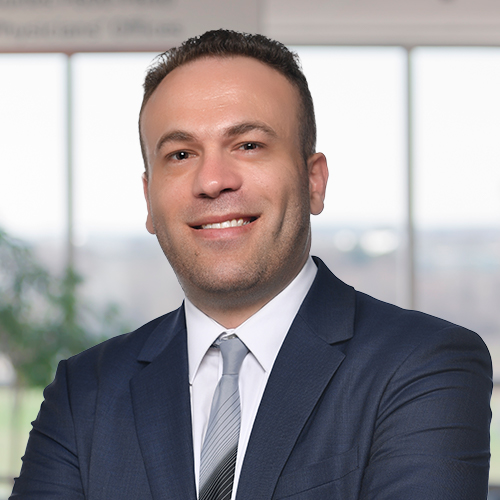A hit to the head can be painful. It can also be deadly— about 150 Americans die every day from injuries related to what’s called a traumatic brain injury (TBI). TBI is a major cause of death and disability in the U.S. Those who survive a TBI can sometimes have disabilities that last a lifetime.

“With head injuries, it’s important that the patient is seen as soon as possible,” says Jehad Zakaria, MD, Riverside Neurosurgery specialist. “This way we can develop a plan for treatment or monitoring. Bleeding or additional damage can occur after the initial injury.”
TBIs are caused by:
● A bump, blow or jolt to the head.
● A penetrating head injury that disrupts the normal function of the brain.
These injuries range from mild to severe. Most TBIs are mild and are commonly called concussions.
Suicide and falls are the leading causes of death from a TBI.

“Riverside Healthcare is able to do a vast range of procedures pertaining to the brain right here in the community that some may think they have to seek out in the larger Chicago medical centers,” says Juan Jimenez, MD, Riverside Neurosurgery Specialists. “This is not true. We’ve got the ability right here in our community with the same technology and skill.”
Protect your head
Most TBIs are triggered by falls, having your head struck by or against an object, and motor vehicle crashes.
To help prevent a TBI in yourself and others:
● Wear a seatbelt whenever you’re in a motor vehicle. And make your passengers wear one too. Follow recommendations for properly restraining children in vehicles.
● Never drive after drinking or using drugs.
● Wear an appropriate helmet when you play sports or ride a bike, motorcycle, snowmobile, scooter or all-terrain vehicle. The same rule applies to your kids.
● Install window guards to prevent young children from falling out of open windows.
● Put safety gates at the top and bottom of stairs if you have young children in your home.
● Make sure your child’s playground is covered with soft material to cushion falls.
● If you’re an older adult, talk to your doctor about your risk for falls. You should also have your eyes checked at least once a year. You can do strength and balance exercises to help you stay steady on your feet. And you can make your home safer by adding grab bars in your bathroom, removing clutter from your floors, installing railings to both sides of any steps and having plenty of bright lights in your home.
Source: Centers for Disease Control and Prevention
The Riverside Neurosciences Institute treats conditions of the brain, spine, nerves and muscles. Learn more at Riverside Healthcare Neurosciences Institute.